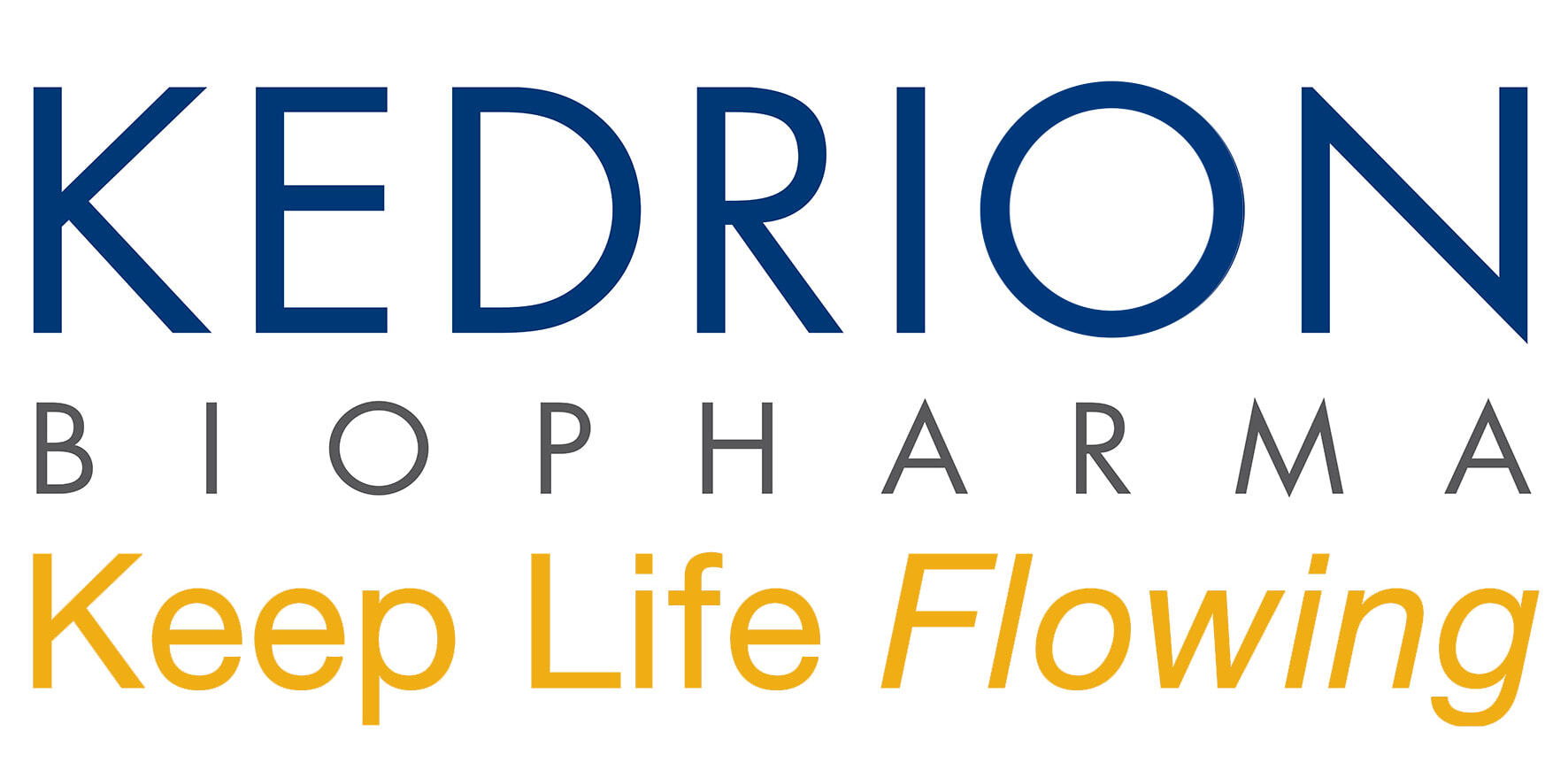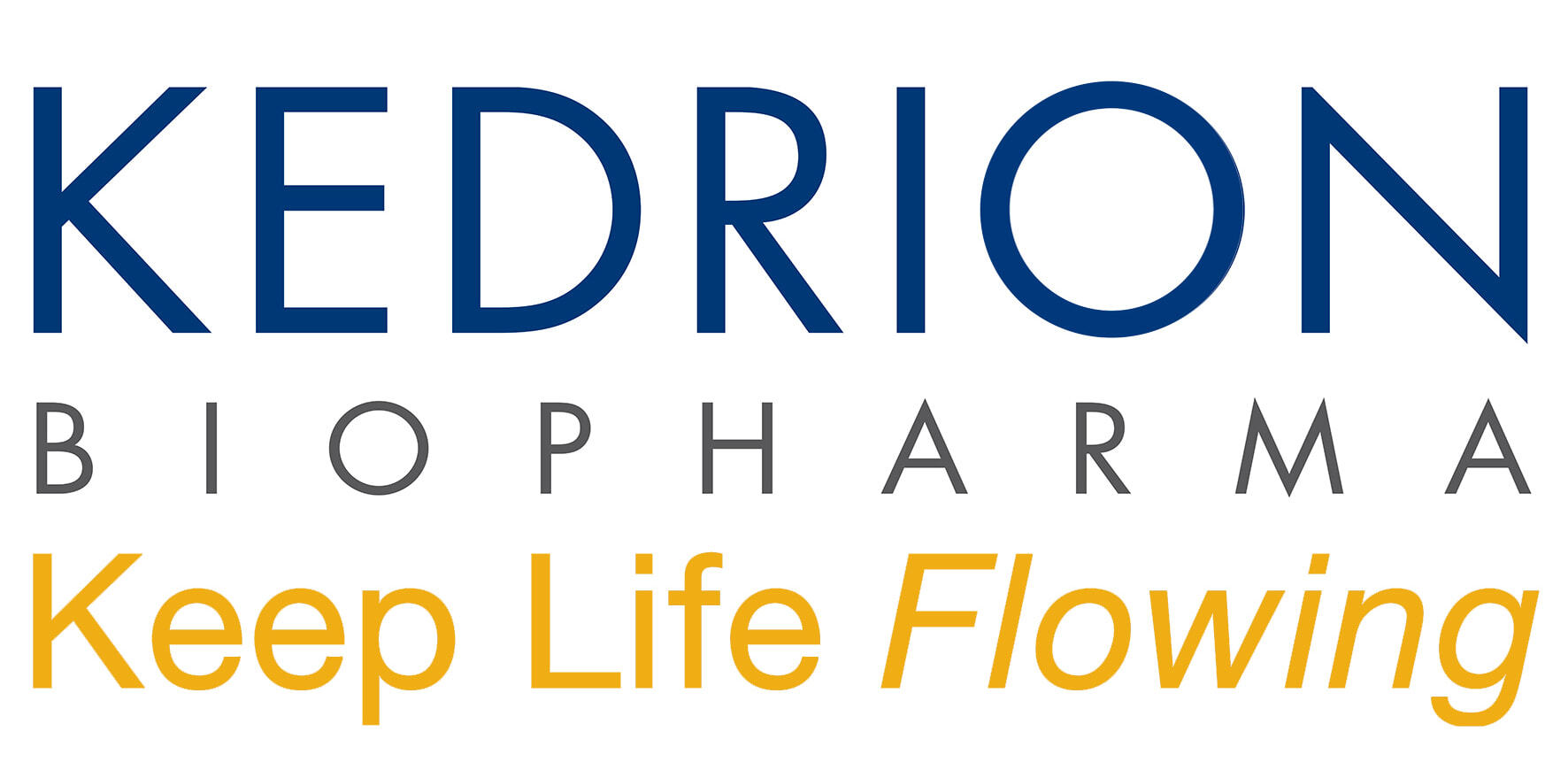The CURhE (Consortium for Universal Rh disease Elimination) is a Global Alliance set up to eradicate Hemolytic Disease of the Fetus and the Newborn (HDFN), a well-understood condition which, since 1970, is easily and cheaply preventable. However it’s not always prevented, at least not everywhere.
Nearly fifty years ago a way of preventing HDFN was developed that almost overnight saved some 10,000 fetuses and newborn babies every year just in the United States: a true “miracle of modern medicine”. But the tragedy eliminated in North America and in Europe still haunts much of the world. Every year more than 300,000 babies die or are severely damaged by HDFN. Now three pre-eminent scholar-practitioners, Dr. Alvin Zipursky, Chair and Scientific Director of the Programme for Global Paediatric Research at the Hospital for Sick Children in Toronto; Dr. Vinod K. Bhutani, Professor of Pediatrics at Stanford University; and Dr. Giuseppe Buonocore from Siena University in Italy, have formed an international coalition made of researchers, practitioners, NGO’s and industry partners, determined to change that.
Since the beginning, CURhE has been strongly fostered and supported by Kedrion Biopharma, which distributes the most widely known preventative treatment for HDFN and has been the main promoter of this Consortium. Among CURhE’s founding members are also Stanford University School of Medicine, the Hospital for Sick Children in Toronto, and two other leading companies in the medical field: Capnia, a San Francisco company focused on novel therapeutic and diagnostic healthcare products, and Eldon Biologicals, a Danish company that produces a quick and simple method to determine Rh blood group.
CURhE’s inaugural planning meeting has been held at Stanford University, California on March 7. The founding members of the Consortium have gathered to formulate a global strategic plan, in collaboration with the International Federation of Ginecology and Obstetrics (FIGO) and the International Pediatric Association (IPA), and to define a set of tactics and fund-raising activities. Neonatologists from 16 countries around the world took part in the meeting, including practitioners from India, Russia and African countries.

